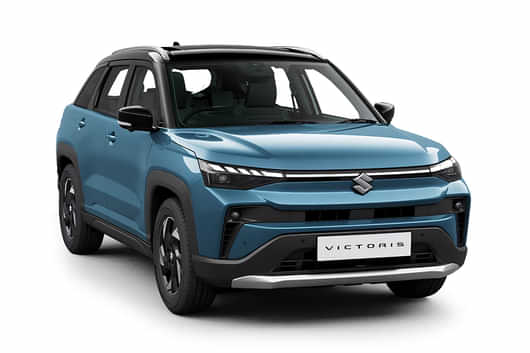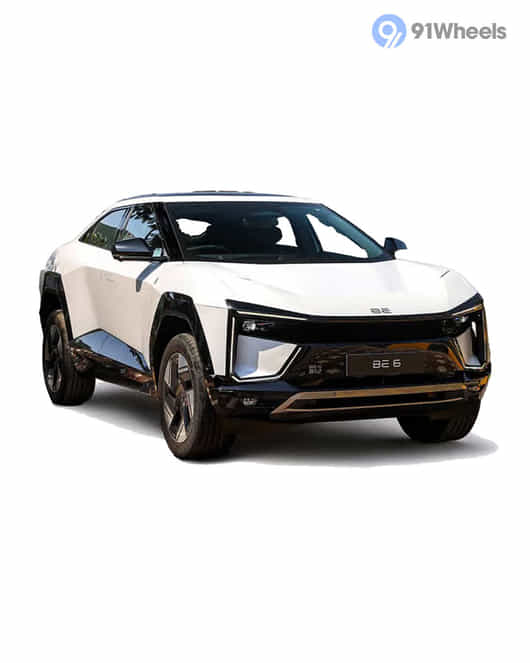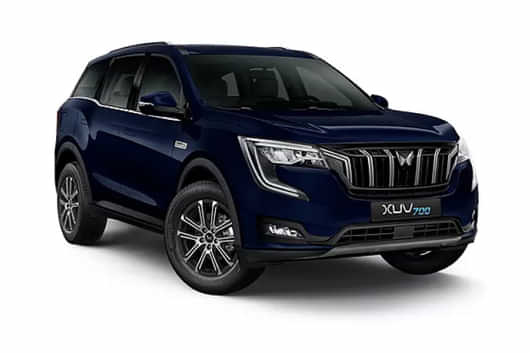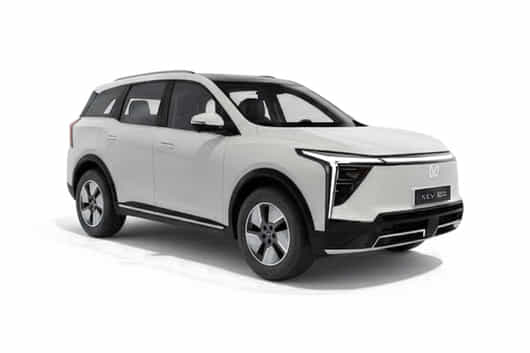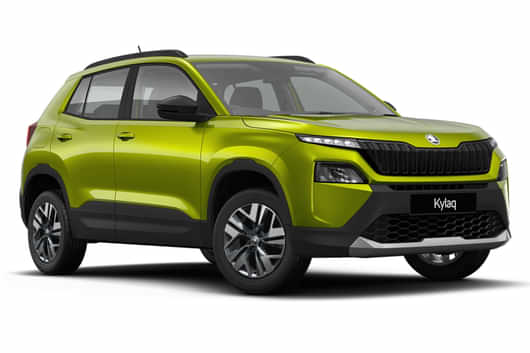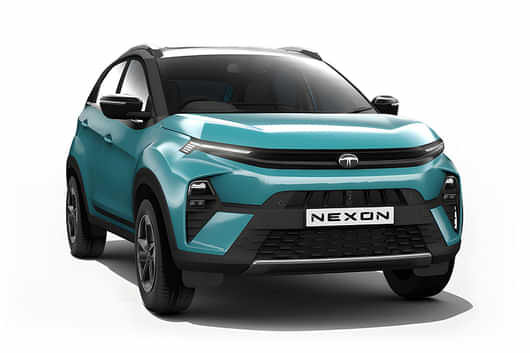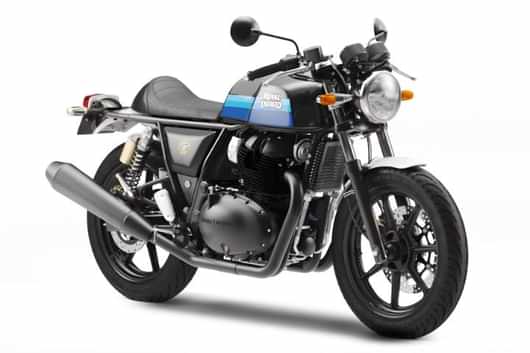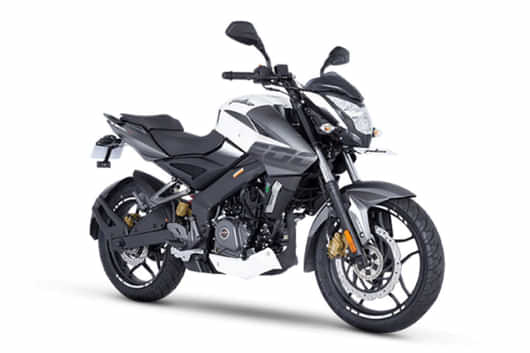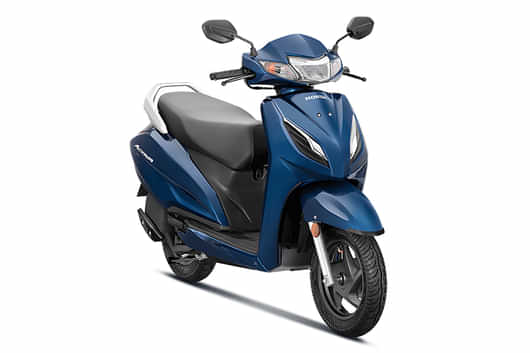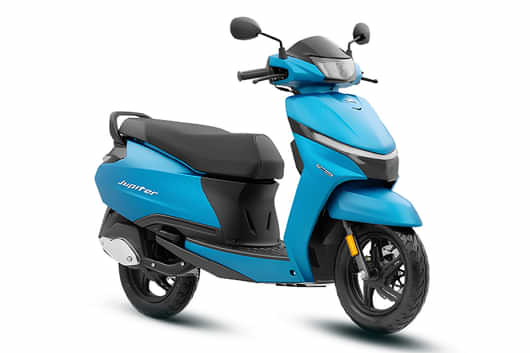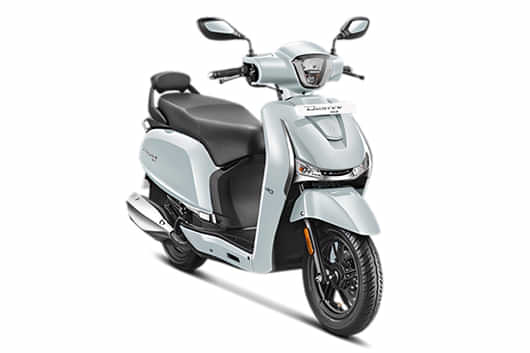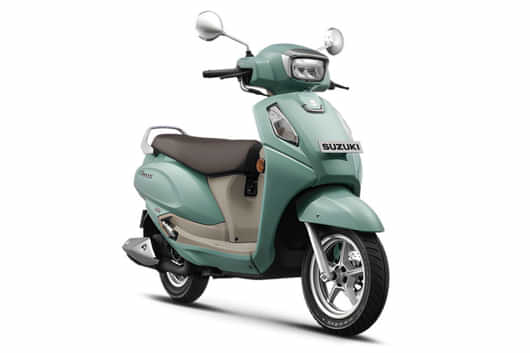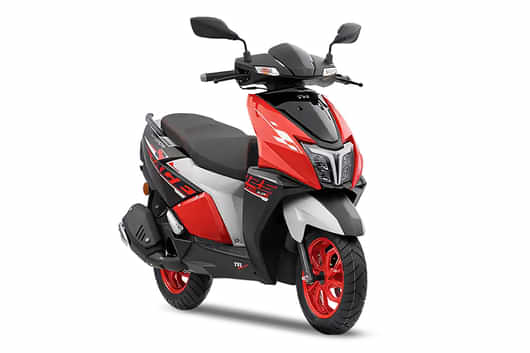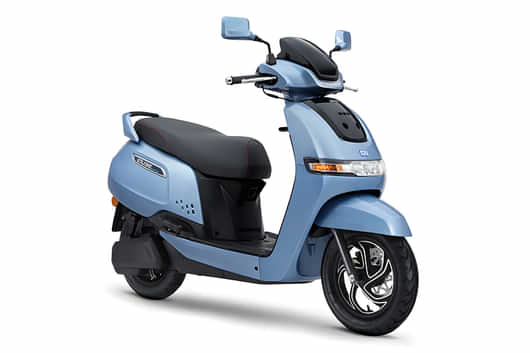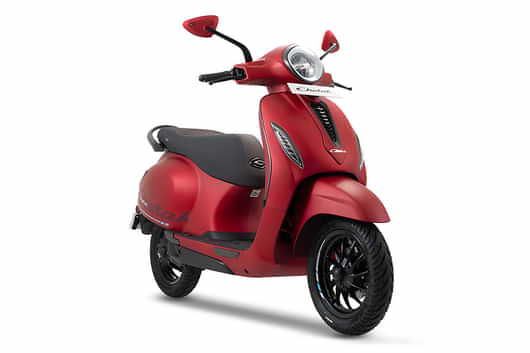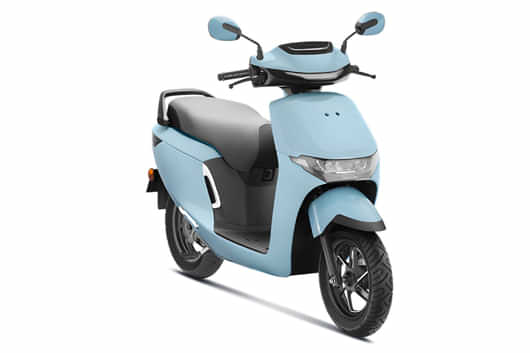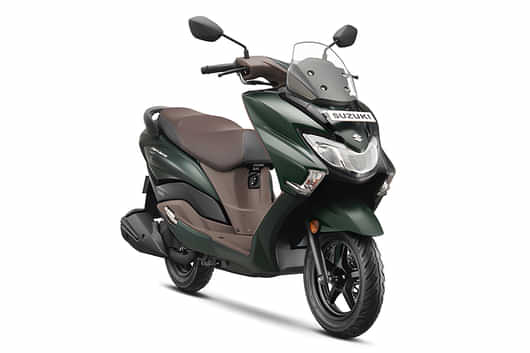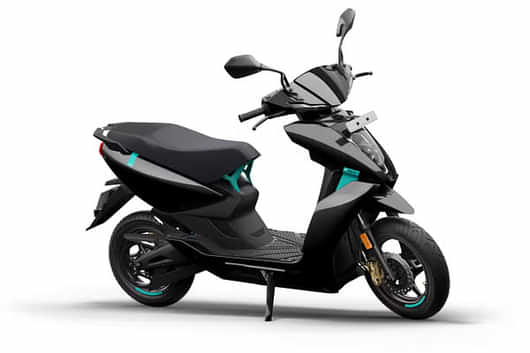
Unwanted visitors, be gone! Safeguard Your Car from Rodents and Rats invading our beloved cars begins. Let's clean as we unveil some ingenious tactics to protect your four-wheeled companion from these pesky hitchhikers. From peppermint magic to electrifying surprises, let's embark on a rodent-free journey for a safer and fresher driving experience! Meanwhile, you can join our 91Wheels Whatsapp Group for all of such latest updates from the automotive industry.
KEY HIGHLIGHTS
- Clear surroundings and proper hygiene deter rodents.
- Peppermint oil and sealing entry points repel rodents.
- Regular usage and traps prevent rodent infestation.
When it comes to our cars, we want to ensure they are safe, comfortable, and in optimal condition. However, rats and rodents can pose a significant threat to our vehicles, causing damage, unpleasant odors, and even potential safety hazards. In this comprehensive guide, we will explore various measures to safeguard car from these unwanted rats and rodents, preserving its integrity and cleanliness.
Also Read : Car Logos In India: Top 10

Creating a Rodent-Free Environment
- Clearing the Area: Start by inspecting the parking area where you leave your car. Identify and eliminate potential breeding and hiding spots for rats, rodents, and mice. Remove any clutter, empty boxes, or trash near the parking spot that can serve as shelter for these pests. Keep the surroundings clean, hygienic, and free from debris to discourage rodent infestation.
- Discard Food Sources: Rats and mice are attracted to food. To prevent them from entering your car, ensure there are no food remnants or open containers around the vehicle. Dispose of any food waste properly and establish a strict "no food" policy inside your car. By eliminating their food supply, you make your vehicle less appealing to these critters.
- Avoid Dark Parking Places: Rodents prefer dark and secluded areas, making them more likely to seek shelter in poorly lit parking spots. When possible, park your car in well-lit areas to deter rodents from approaching. If you have a garage, keep the lights switched on, and during the day, try to park your vehicle where it receives direct sunlight, creating an unfavorable environment for rodents.
Effective Rodent Repellents
- Peppermint Oil: Rats and mice dislike the strong smell of peppermint oil. Take advantage of this natural repellent by soaking cotton balls in peppermint oil and strategically placing them inside your car. Focus on areas prone to rodent activity, such as the engine bay, trunk, and interior compartments. Refresh the cotton balls every few days to maintain the scent and maximize the repellent effect.
- Seal Entry Points: Rodents can squeeze through tiny openings, so it's crucial to identify and seal any potential entry points in your car. Consult with a professional mechanic or an automotive specialist to locate these openings and use appropriate materials like rat mesh or wire to block access. By sealing off their entryways, you significantly reduce the chances of rodents infiltrating your vehicle.
- Electronic Devices: Consider investing in motion-activated electronic devices designed to repel rodents. These devices emit ultrasonic sound waves or vibrations that are uncomfortable for rats and mice but inaudible to humans. Place these devices strategically in your car to create a deterrent effect and discourage rodents from approaching.

Regular Maintenance and Vigilance
- Use the Vehicle Regularly: If you leave your car unused for extended periods, it becomes an attractive nesting place for rodents. Start the engine and drive the vehicle periodically to keep it in active use. Regular usage helps maintain an environment less conducive to rodent habitation.
- Biological Deterrents: Pets such as cats and dogs can act as natural deterrents against rodents. If feasible, allow your pets near your car or park it in an area where neighborhood cats or dogs frequently visit. Their presence can help keep rats and mice at bay. However, ensure no animals are inside the car before starting the engine to avoid any accidents.
- Trap Devices: Traditional mousetraps or sticky-tape traps can be effective in capturing rodents. Place them in areas where you suspect rodent activity, using appropriate bait such as peanut butter or small pieces of cheese. Regularly check the traps and dispose of captured rodents safely to prevent further infestation.
- Caution with Poisons: While using poison as a bait can be an effective method to eradicate rodents, it should be approached with caution. Poison can lead to rats and mice dying inside your car, resulting in a pungent odor that is challenging to eliminate. Moreover, if other animals consume the poisoned rodents, they may also be harmed. If you choose to use poison, exercise extreme care and follow the instructions provided by professionals to minimize potential risks.
Keep Checks for Signs of Infestation
To prevent extensive damage, it's important to be aware of the signs that indicate rodents have already infiltrated your car. Keep an eye out for the following indicators:
- Unpleasant Odor: A strong, musky smell in the interior of your car could be a sign of rodent presence. If you detect any unusual odors, investigate further to identify the source.
- Chewing or Scratching Noises: Rats and mice are active creatures that may create scratching or gnawing sounds inside your car. If you hear such noises, it's a clear indication of rodent activity.

- Chew Marks and Damage: Check for chew marks on seatbelts, upholstery, floor mats, or any other accessible areas. Rodents have a habit of gnawing on various surfaces, which can result in visible damage.
- Faulty Electronics: Rodents may chew on wires, leading to electrical malfunctions in your car. If you experience issues with your car's display unit, lights, or other electrical components, it could be due to rodent damage.
Verdict
Protecting your car from rats and rodents requires a proactive approach and consistent maintenance. By implementing preventive measures such as clearing the area, repelling rodents, and conducting regular inspections, you can safeguard your vehicle from damage, foul odors, and potential safety hazards. Remember to Safeguard your Car from rodents and rats ,immediate action to address any issues. With these effective strategies, you can enjoy a clean, rodent-free car and ensure a pleasant driving experience for years to come.













